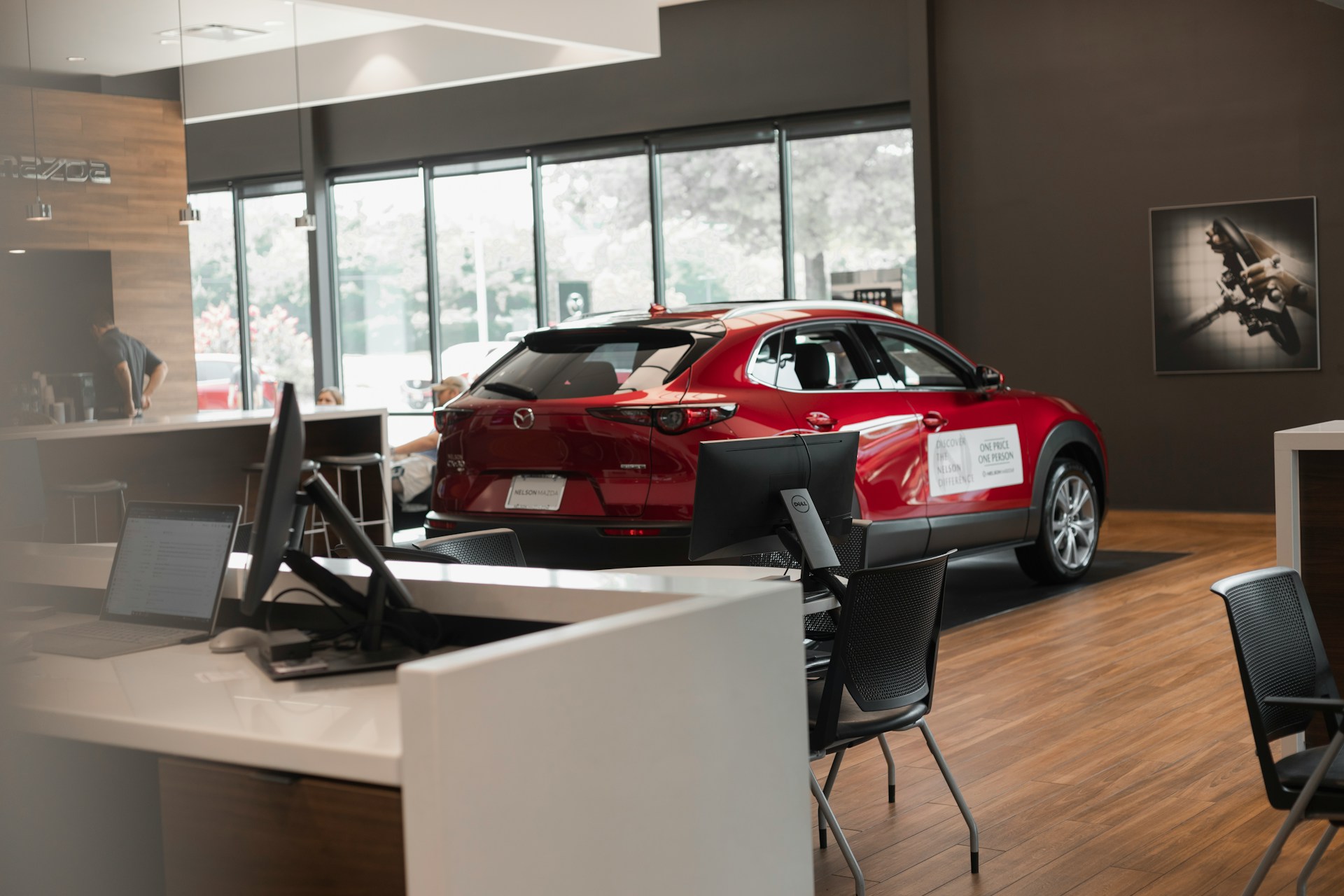Safety is a major concern in automotive repair shops. Working in these shops requires using materials and machinery that cause specific safety risks. They include bodily injuries caused by the use of heavy machinery and fire hazards from highly flammable chemicals. There’s also a risk of slips and falls, repetitive motion disorders, and other injuries. With the proper safety measures, you can prevent the likelihood of injuries. Outlined below are four crucial safety tips for automotive repair shops.
- Use PPE (Personal Protective Equipment)
Having the correct PPE is key to maintaining safety in automotive repair shops. The specific protective gear required to prevent injuries include:
- Eye protection: Safety goggles or glasses are a must-have because they protect your eyes from chemicals, flying debris, and other dangers
- Respiratory gear: Dust, vapor, and fume inhalation in automotive repair shops can result in severe respiratory concerns. You should wear a quality mask or respirator and ensure perfect fitting
- Hand safety: Premium gloves can prevent burns, cuts, and harmful chemical exposure. There are various glove types meant for different tasks. For instance, nitrile gloves, such as raven gloves, enhance gripping power while delivering superior puncture and chemical resistance
- Protective clothing: Quality long pants and long-sleeved shirts can prevent skin abrasions and burns. Overalls offer extra protection. Steel-toed boots safeguard your feet from sharp edges and heavy objects
- Hearing protection: Wear earmuffs or earplugs when working with machinery, engines, or tools with high decibel levels
- Avoid smoking near or in automotive repair shops
Automotive repair shops have many vehicles filled with explosive and flammable chemicals or liquids. This means they can catch fire in case they come in contact with hot ash from cigarettes or open flames. Ensure no smoking happens anywhere close to where vehicles are being worked on. Instead, create a designated smoking zone away from the automotive repair shop and make it a rule for team members who smoke to use it during their breaks.
- Keep your automotive repair shop clean and organized
Keeping your automotive repair shop clean and organized not only makes the workplace more efficient but safer. It minimizes the risk of accidents. Fluids, oil, and grease are dangerous slip-and-fall hazards in messy automotive repair shops. Trip hazards, such as hoses, trailing wires, and stray tires or tools, also increase the possibility of injuries.
The inability to find safety equipment such as fire extinguishers in case of emergencies further endangers your staff members. Prompt spill cleaning, maintaining a tidy shop, and arranging equipment and tools for easy access provide sure footing to your workers while removing any hazards that they might otherwise slip on or trip over.
- Provide safety and equipment training for automotive repair shop employees
People working in automotive repair shops must acquire safety and equipment training to ascertain that they can safely handle their work duties. Find safety training programs or courses designed to equip your automotive repair shop employees with the necessary skills and knowledge to reduce risks while maintaining safe working environments.
Working on cars is hazardous, and automotive repair shop technicians must use tools and equipment safety. Equipment training enables auto repair workers to spot potential dangers and take action to prevent accidents.
Endnote
Working in an auto repair shop involves using heavy machinery and hazardous chemicals, which can compromise safety. However, implementing tips like wearing PPE, avoiding smoking, keeping the shop clean and organized, and providing safety and equipment training can help improve automotive repair shop safety.







